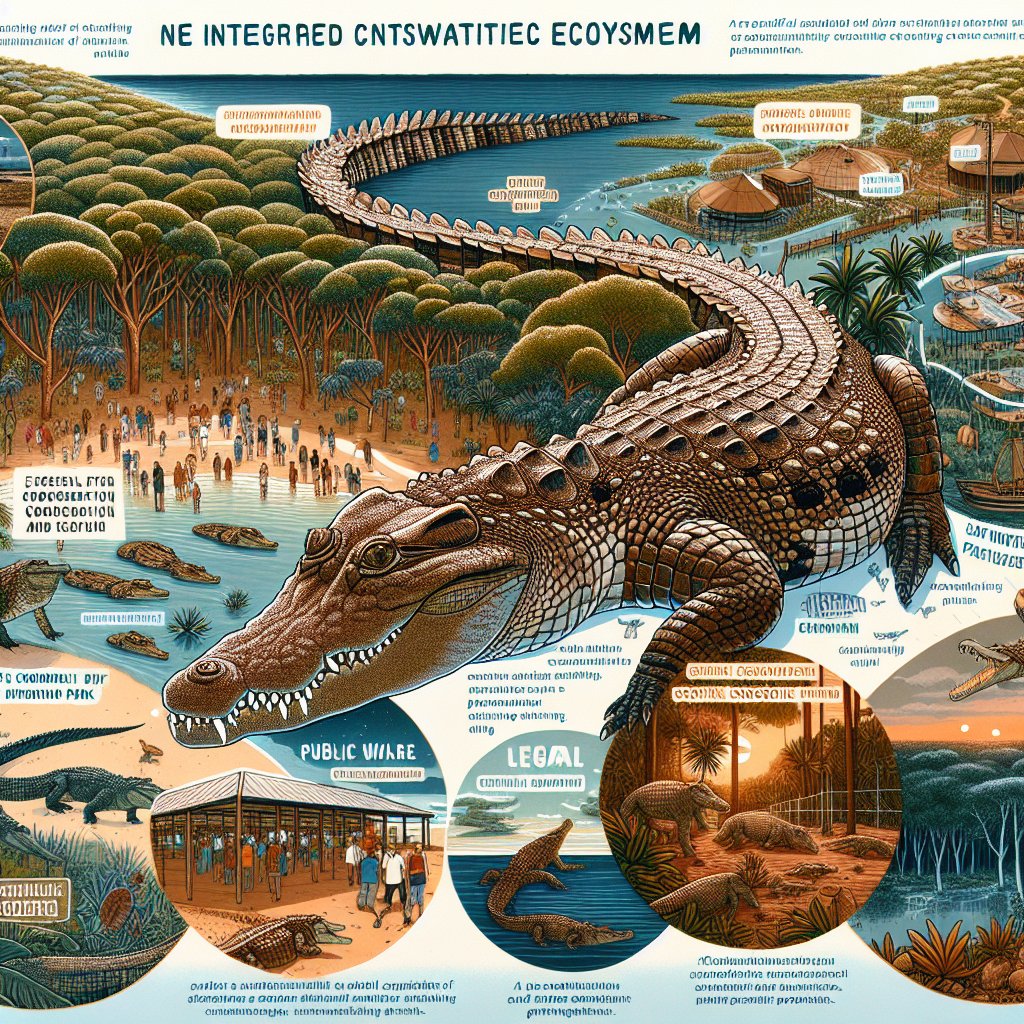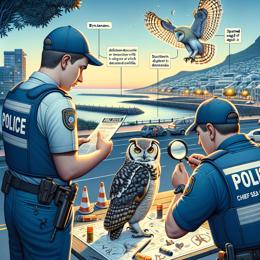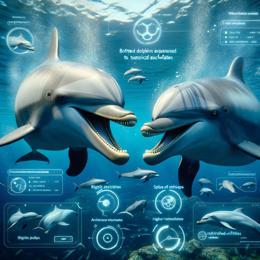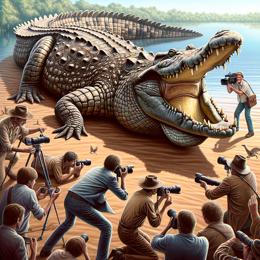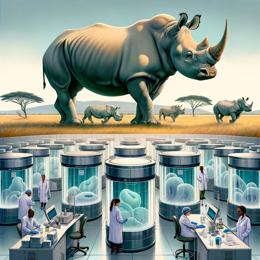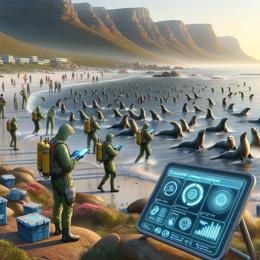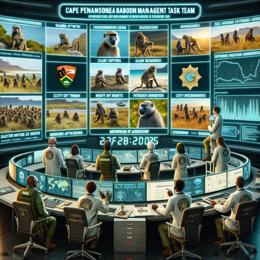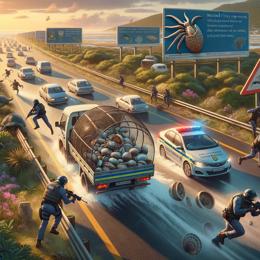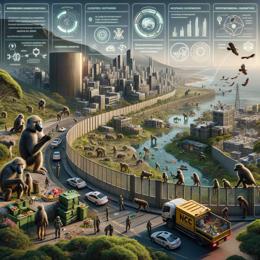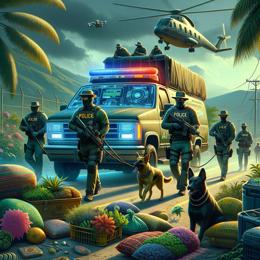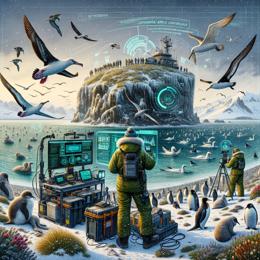Image created by AI
Darwin's Crocodile Comeback: From Endangered to Over 100,000 Strong
Once facing the brink of extinction, Australia's iconic saltwater crocodiles now thrive in the tropical wilds of the Northern Territory, including the murky waters near Darwin. Conservationist Grahame Webb's stark warnings about crocodile dangers underscore a unique success story in wildlife conservation.
In the 1970s, after being hunted nearly to extinction for their prized leather, the government intervened to protect the remaining 2% of the crocodile population. Webb, alongside other conservationists and experts like Charlie Manolis of the International Union for Conservation of Nature, devised strategies not only to protect the prehistoric predators but also to foster a reluctant human-crocodile coexistence.
Their solution: make the community see real value in the crocodiles. Steps included a public safety campaign dubbed Crocwise and a ranching program where Indigenous Australians receive payments for wild eggs collected on their lands, fostering economic incentives to safeguard the crocodiles.
The economic benefits are palpable. The Territory is now the leading producer of crocodile skins in Australia, with the farming industry worth over Aus$100 million annually, supplying luxury brands with highly coveted leather. This model ensures the conservation of the wild population while still enabling controlled egg and crocodile collection each year.
Crocodylus Park, founded by Webb, epitomizes this harmonious relationship. It serves as both a tourist attraction and a sanctuary for 'problem crocs' – those deemed too dangerous to live among humans. Here, visitors like Jess Grills can encounter the once-feared "cattle-eater" Prince, illustrating the importance of maintaining respect and wariness for these apex predators.
Despite the triumph, as populations flourish, the potential for human-crocodile conflicts and attacks, albeit rare, presents a new challenge. Conservationists must balance the ancient fear these creatures inspire with the continued efforts to protect them, ensuring both humans and crocodiles can thrive for generations to come.
